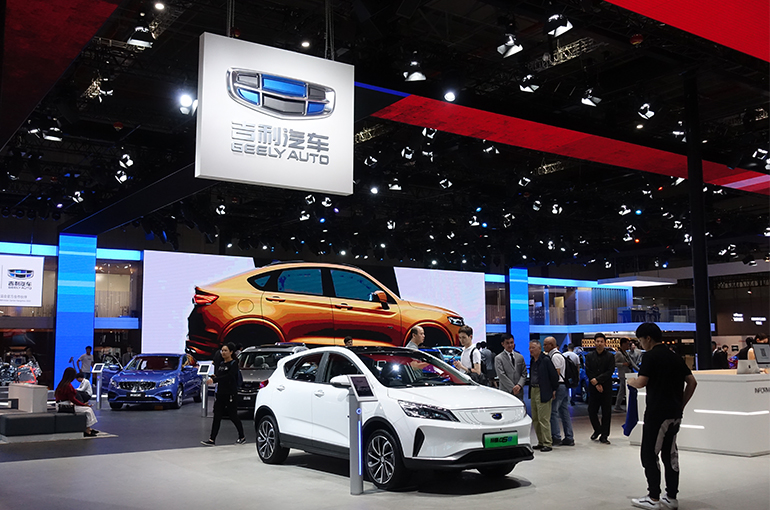 Geely, Renault Link Arms on UK Powertrain Plant With Expected Revenue of USD16 Billion
Geely, Renault Link Arms on UK Powertrain Plant With Expected Revenue of USD16 Billion(Yicai) May 31 -- Chinese auto giant Geely Holding Group and French vehicle manufacturer Renault Group launched their joint venture for hybrid and combustion powertrain systems, which generate and deliver the power that drives the vehicle, today. The factory should bring in an annual revenue of EUR15 billion (USD16 billion).
Horse Powertrain, in which Geely and Renault have equal stakes, will have an output of 5 million powertrain units a year, the two firms said today. The London-based JV has absorbed assets from the two auto giants and operates 17 plants as well as five research and development centers and employs 19,000 employees worldwide.
Geely’s Chief Executive Officer Li Donghui has been appointed chairman of the JV and Matias Giannini, who used to work for German auto parts maker Vitesco Technologies, is CEO.
“Today marks an important step in meeting the greatest challenges facing the automotive industry: the decarbonization of road transport,” said Luca de Meo, chief executive at Billancourt-based Renault. “Partnering with a leading company like Geely to create a new player with the capability and expertise to develop ultra-low emission internal combustion engines and high economy hybrid technologies is key for the future.”
“For the industry to reach net zero emissions in the next decades, global synergies, multiple technologies and the sharing of expertise, are crucial. That is why we are pleased that our partnership with Renault is reaching commercial reality today,” said Geely Chairman Li Shufu.
The JV’s complementary product portfolio and regional footprint could offer solutions for 80 percent of the growing global hybrid & combustion powertrain market, they said. Its customers will include Renault, Geely, as well as Volvo Cars, Proton, Nissan and Mitsubishi Motors. It will also encourage more partners to join.
The project has been two years in the making. Hangzhou-based Geely and Renault first linked arms in November 2022 when they signed a non-binding framework agreement. They then signed formal contracts in July last year before applying for regulatory approval.
Editor: Kim Taylor